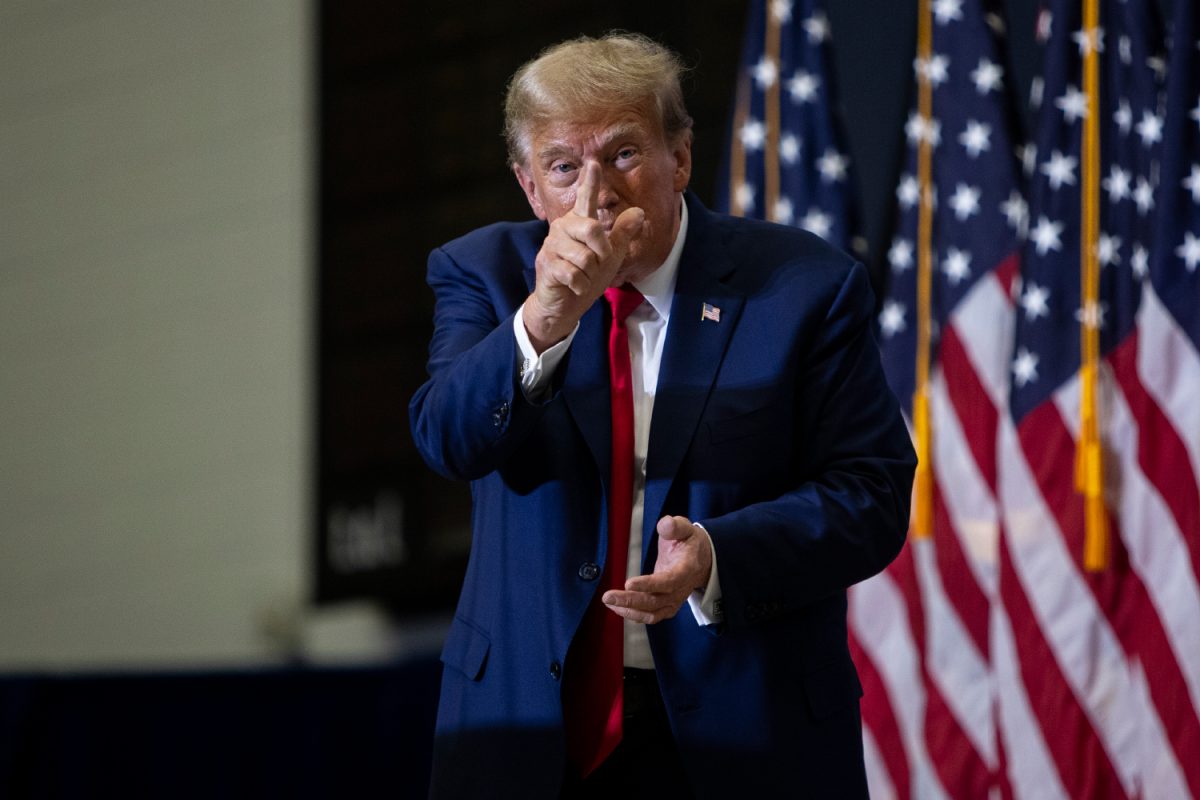In a 2020 episode of her podcast, former First Lady Michelle Obama made an important, sobering remark. She said one of the issues facing the newest generation’s approach to politics is that the new progressive values taught at home were never institutionalized in society.
Socially, people are more tolerant of one another, but governmentally, we are frozen in a time before such tolerance developed. This has caused the youngest generations to lack faith in the ways the government does provide protections.
Featured in that same episode was her husband, former President Barack Obama, who seconded that statement.
“Young people are idealistic as they’ve ever been,” he said. “The difference, though, is that idealism may feel as if they can channel it outside of governmental structures and outside of politics.”
“There are some things we just can’t do by ourselves,” he continued.
The former president implied we should collectively be leaning further into government to enact the changes that are obviously desired.
This came in the midst of the political climate defining 2020. In the final year of President Donald Trump’s first term, the COVID-19 pandemic progressed, election season was at its peak, and the Black Lives Matter movement was well underway.
At the time of its premier, this episode received a less-than-positive reaction from the public. The gist of those upset was that this take didn’t consider the substance of what young people are mad about and wasn’t critical enough of the ways the government has and does fail.
As a chronic observer of politics, I believe the Obamas were right. And their most supportive evidence has been none other than the Republican party. If one word could describe the shift that has occurred since Trump entered politics, it would be “optics.”
Generally, politics was not a constant public concern until Trump made himself a tycoon of attention. He has risen through the ranks by appealing to people’s distrust of government while contradictorily using government to institutionalize their values.
His political rise was largely fueled by the idea of him being an outsider. To a working class that felt abandoned by governmental investment, Trump used his “outsider” status to critique the state of government and posture himself as the radical change the nation needed.
And it worked. In fact, it worked so well that he won in 2016 as the unlikely candidate, and thousands were willing to show up at the U.S. Capitol for the Jan. 6 insurrection in 2021 to take back the version of government they could support — Trump’s version, which institutionalized what his supporter base felt so deeply.
Though bold in every way, Trump did not technically change anything about government structure.
He certainly ran an overwhelming administration and tested the limits of democracy, but he did not dismantle the structure of government. He aggressively appointed judges in the right places within his power, engaged the Republican party at all levels with his ideas, and as a result, created a lopsided-but-still valid government he could depend on.
After the Democrats’ remarkable loss at all levels in the most recent general election cycle, they should take notes from what strategy is winning: boldness. Boldness grabs attention while institutionalizing values.
When sat directly adjacent to President Trump and his influence on the Republican party, Democrats are comparatively the party of civility, composure, law, and order. They have impeached the opposition twice, pursued Trump legally when he wasn’t in office, and in the most recent election cycle, branded themselves as “defenders of democracy.” The Democratic agenda — or lack thereof — leaves Democrats constantly playing defense instead of leaning into government with proactive approaches.
If distrust in the status quo of government is winning elections, then Democrats should make similar bold moves from the other side of the political aisle — starting now locally in their political off-season. Part of being proactive means caring when not in the spotlight.
Over the next four years, until the 2028 election, focus should be on the local and state elections that enshrine Democratic values in the status quo.
Otherwise, the distrust of government is a self-fulfilling prophecy.



